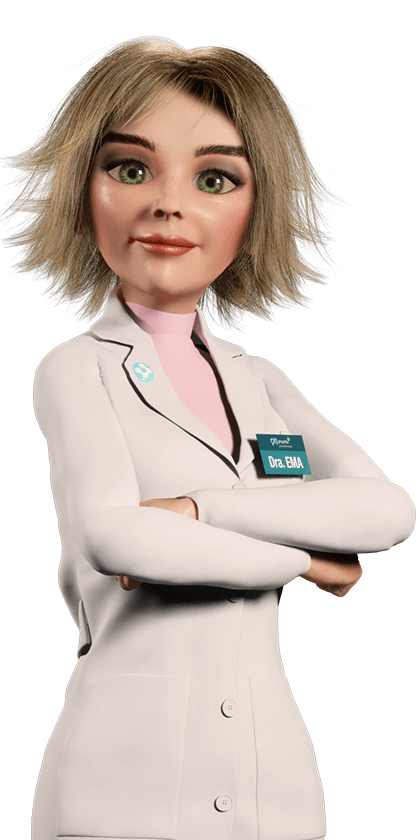Dermatology
Foot - Get moving…
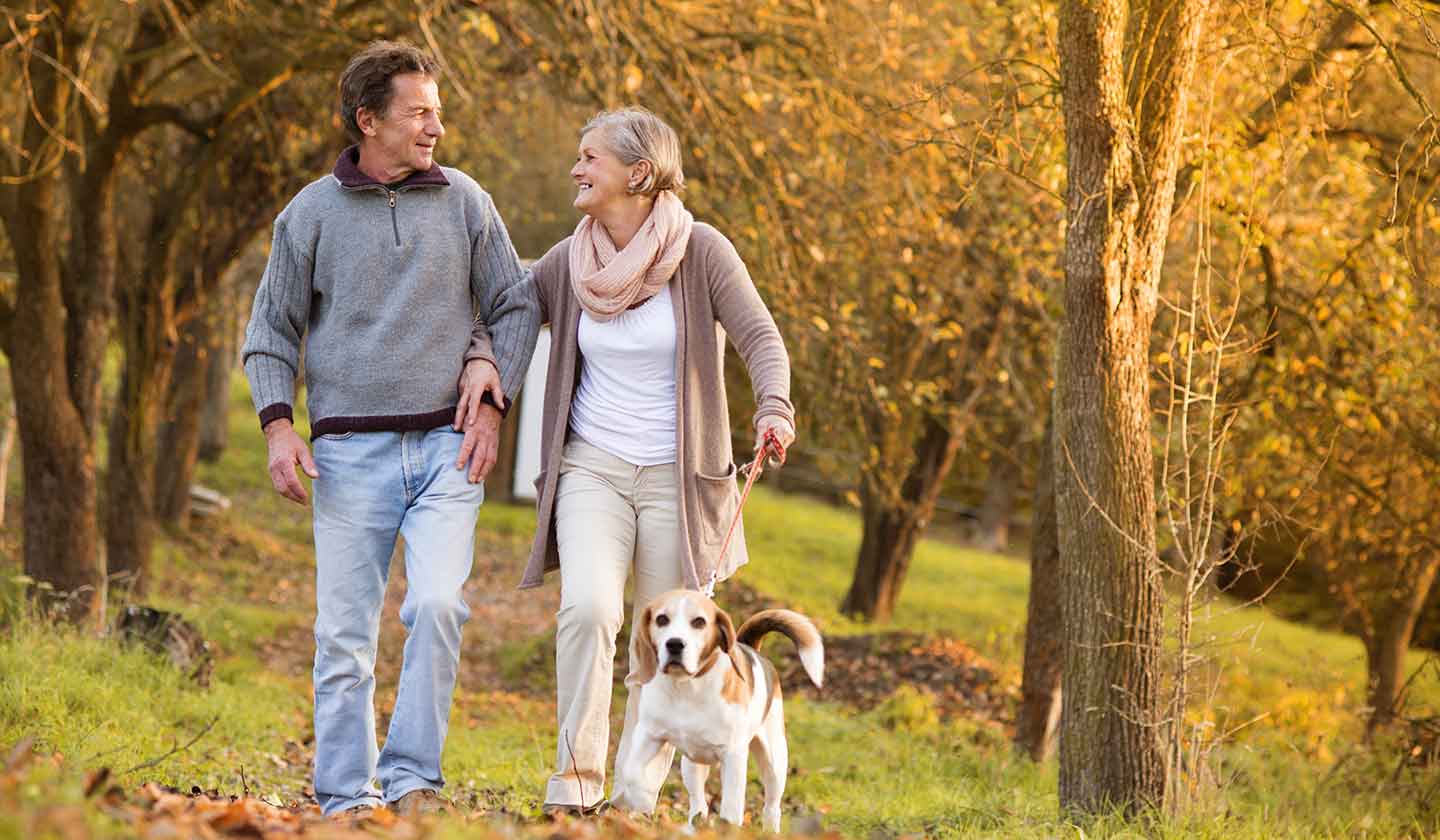
Foot care is fundamental in maintaining good health and identifying changes early on.
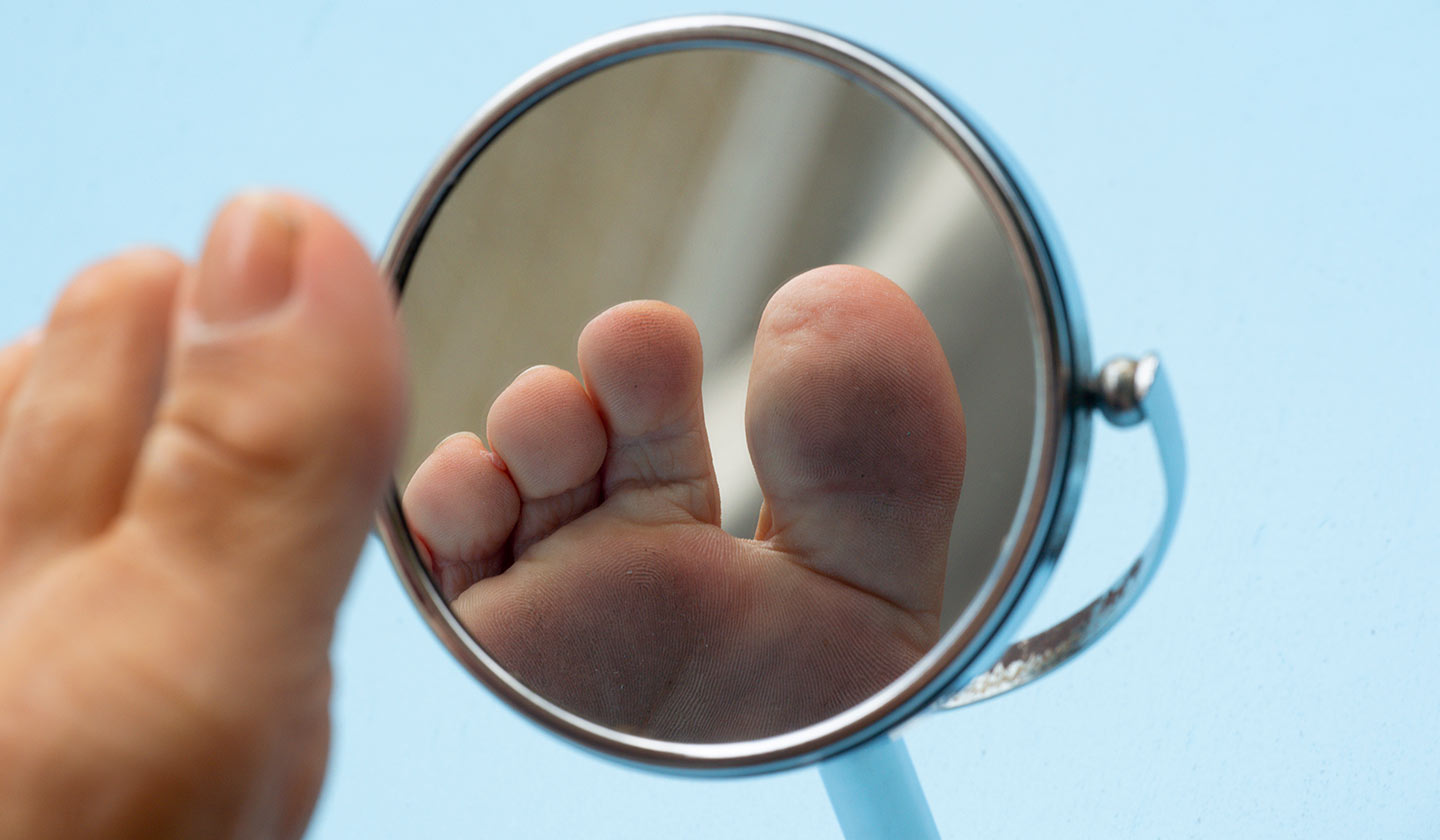
Foot care
- Regular self-examination;
- Maintain good foot hygiene, pay particular attention to interdigal spaces and dry them thoroughly;
- Wear shower shoes in public facilities whenever possible;
- Keep nails short and clean, taking special care when cutting them, respecting the shape and contour of the fingers. Do not cut them on the corners and sides as this can lead to "ingrown nails";
- Avoid walking barefoot;
- Prefer leather shoes and socks made of cotton or fibres that avoid excessive perspiration;
- Wear comfortable footwear, with length and width suitable for your feet. Buy footwear at the end of the day when feet tend to be more bulky;
- Inspect your footwear, making sure they have no seams, irregular edges or foreign bodies that may hurt your feet;
- Change your footwear, don't wear the same pair every day;
- Do not share socks, shoes, nail clippers or other instruments of personal use;
- Exercise regularly;
- Eat healthily;
- Do not smoke.
- Be cautious about using 'home remedies'. Self-treatment can turn a minor problem into a very serious one;
- If you have pain in one foot, don't ignore it, it's not normal;
- Inspect your feet daily and seek professional help to treat calluses, ingrown toenails or other injuries or problems you notice. People with diabetes, poor venous circulation or heart problems should not treat their own feet as they are more prone to infections;
- If you are diabetic you should have a check-up at least once a year.
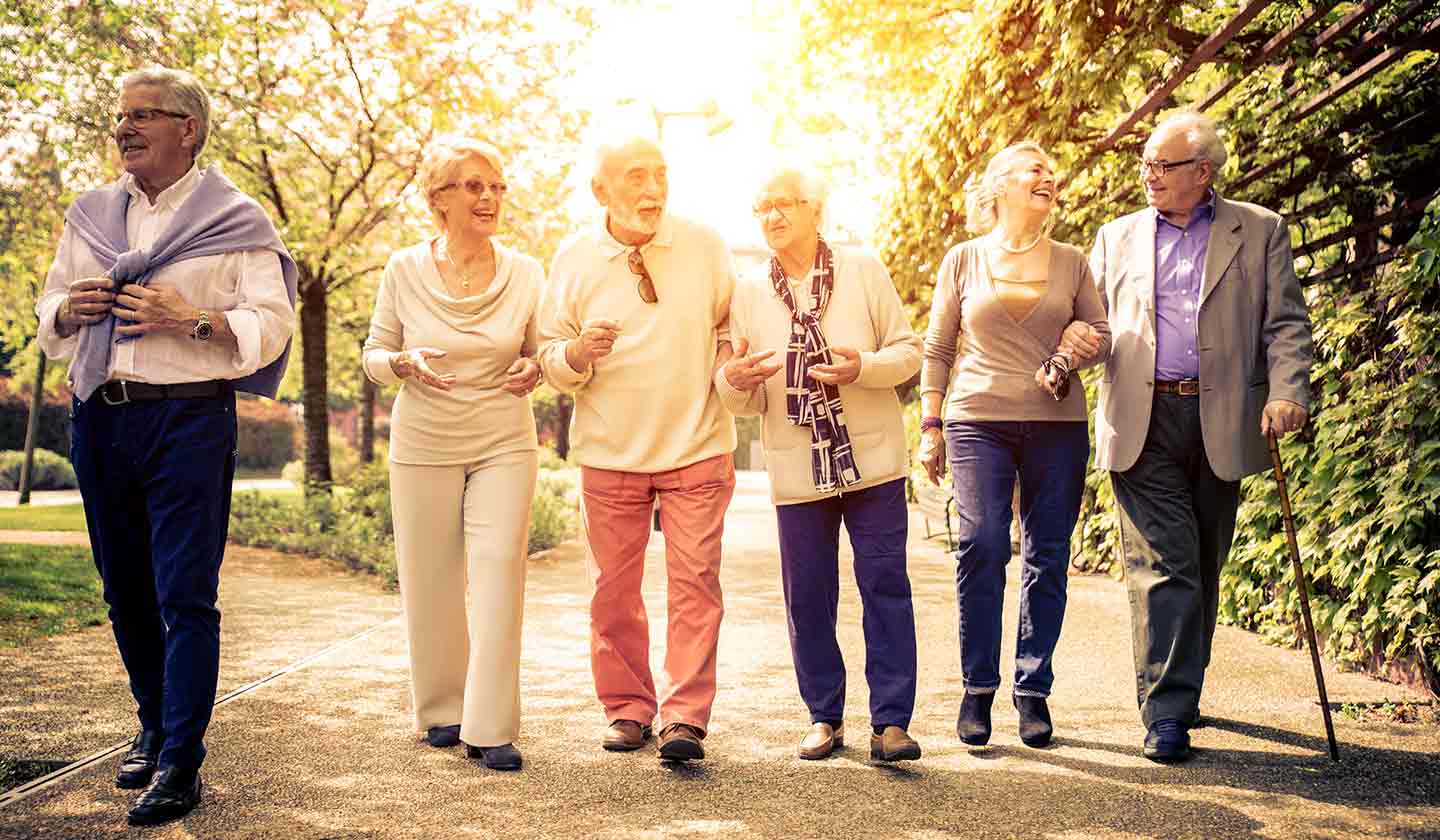
Walking: give your feet the attention they deserve!
Walking is one of the simplest and most effective ways to keep your body active. Whether you go for long or short walks every day, you will always contribute to improving your physiological functions, avoiding heart problems, digestive problems and high cholesterol, among others. The psychological benefits are also many, after all walking improves the feeling of well-being and is a great ally to overcome Depression.
The foot is a member of the human body which deserves great attention and care when walking.
The importance of the foot is simply unquestionable. The human body's support, movement and balance depend on it. However, due to forgetfulness or lack of time, this limb does not receive the proper attention. When we take care of the foot's health we are also contributing to the health and well-being of the whole body.
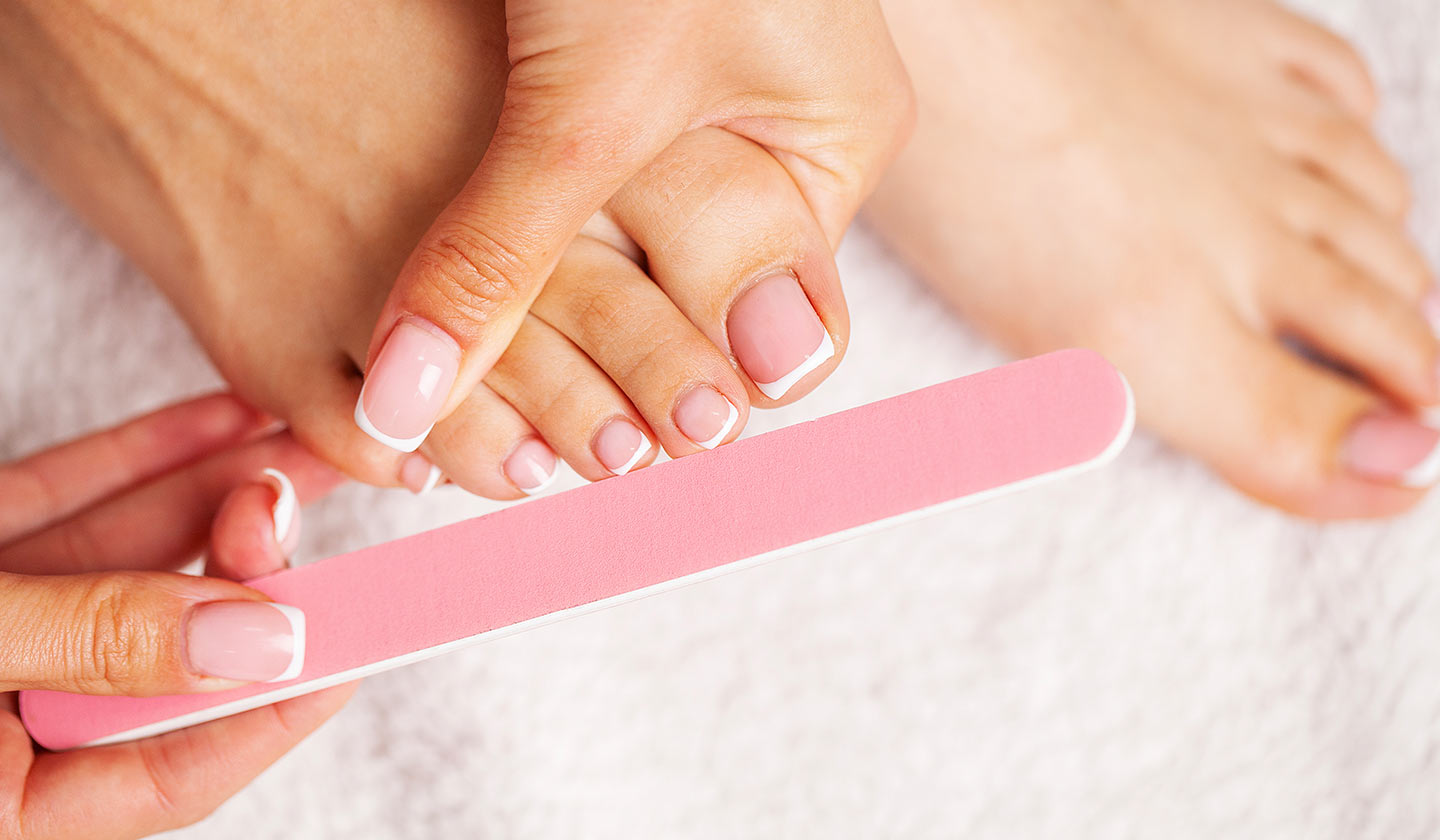
Before the walk:
- Have your health checked. This is extremely important so that you can understand how to adapt the pace and duration of your walk to your state of health;
- Choose suitable shoes, preferably already worn and one or two sizes larger than usual;
- Take basic care with your nails, cut them straight;
- If you go to a Podiatrist, always do so one week before starting/taking up your walks again.
During:
- Wear cotton or microfibre socks, in light shades, without seams or with them turned outwards;
- Don't put on any type of gel (cream) before you start your walk;
- Don't forget your water bottle, pads for blisters, sun cream and a hat.
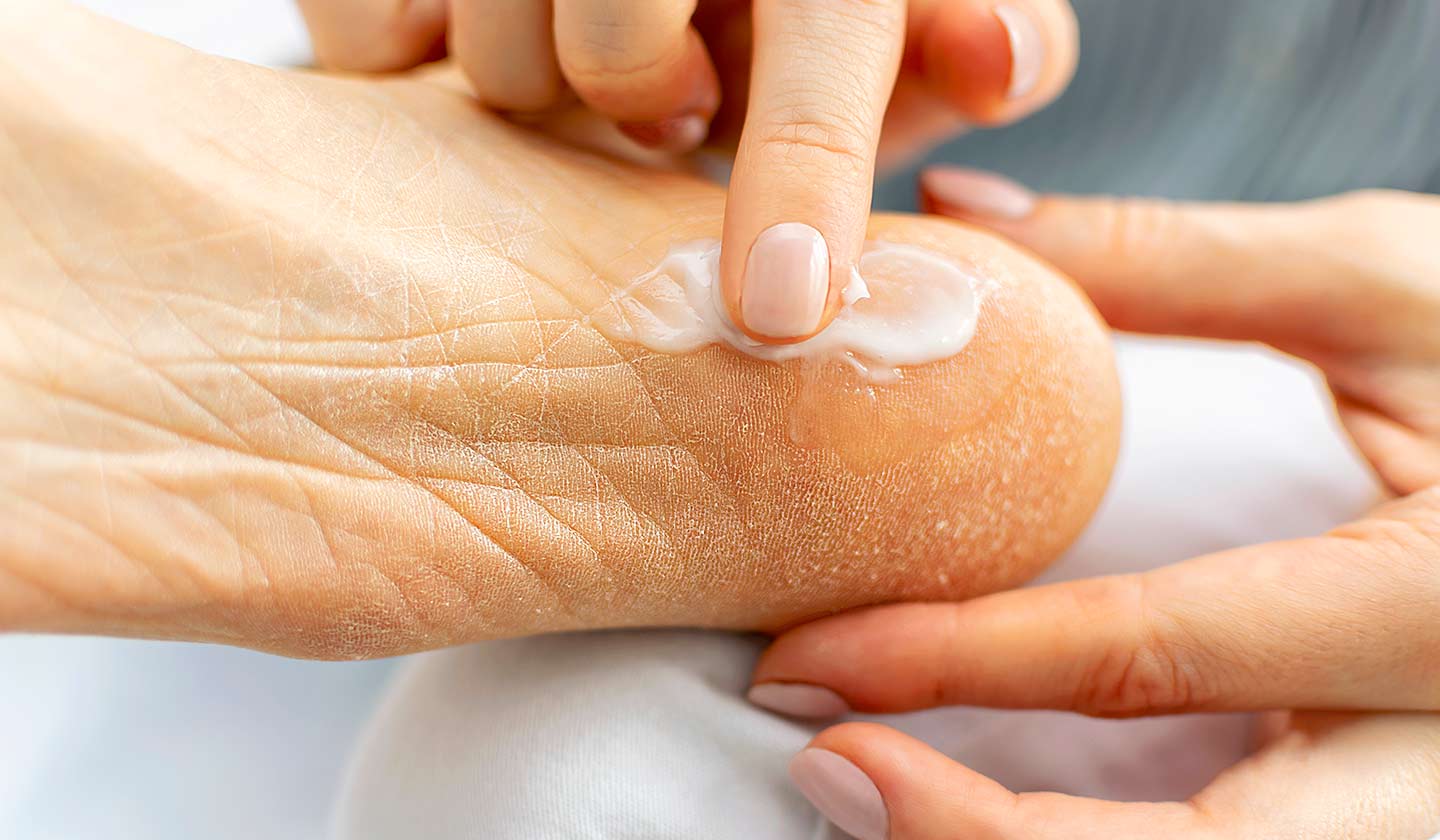
After:
- At the end of your walk, after hygiene, you should massage your feet with moisturising cream to activate circulation, relieve fatigue and refresh them;
- Hydrate the areas with calluses very well;
- If you have blisters, consult a professional, namely a Podiatrist.
Some advice!
Walk, enjoy the scenery, keep fit and socialise with friends - it's time to go for a walk! Are you ready? Walking is part of a healthy lifestyle and one of the easiest ways to keep fit.
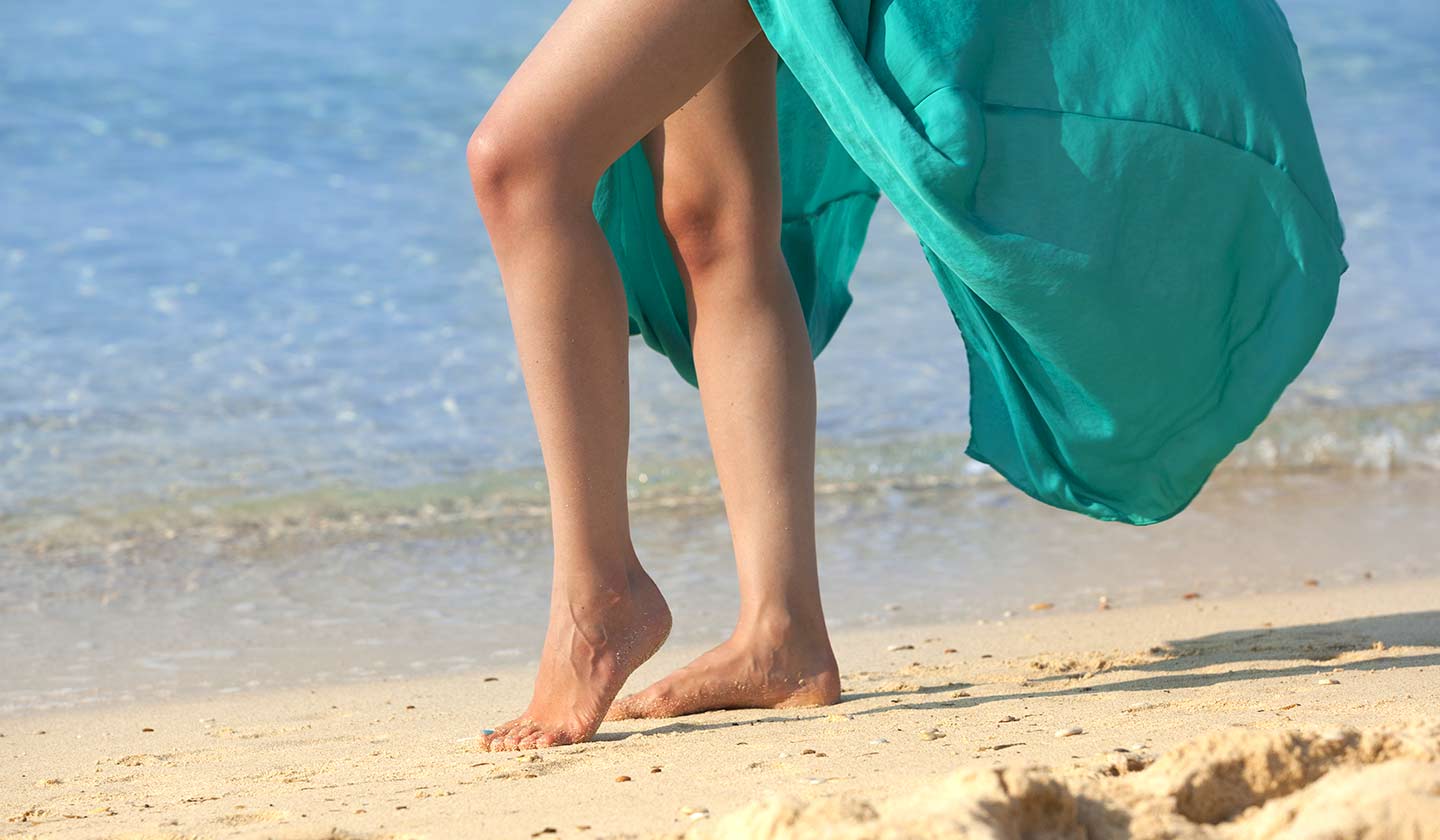
Where to go?
On the beach: walking on sand is great exercise and strengthens feet and legs
Don't forget your music
Choose your favourite walking soundtrack to fill you up with energy.
Use a pedometer
It can be useful when you want to count your steps and keep track of your performance.
Keep your posture
Keep your head up and don't lean forward.
Massage Your Feet
Make circular movements with your thumb and fingers over the sole of your foot pressing hardest on the heel. Start at the toes and work your way down the rest of your foot, not forgetting the sides.
Cool your feet
They exist. Products with an instant deodorising effect, leaving your feet dry and minimising odour during the day.
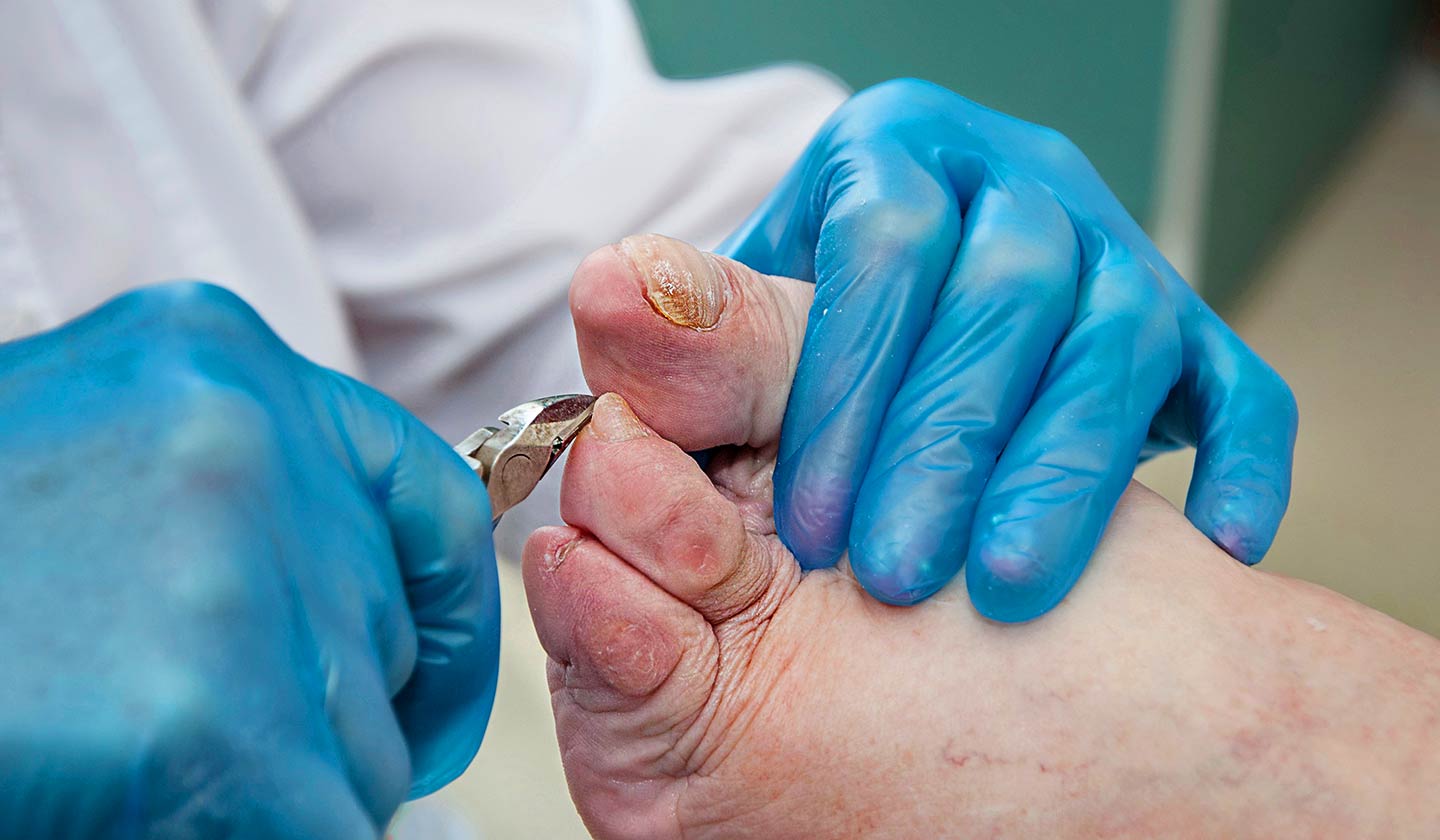
Going barefoot.... with due care
Let your feet breathe and the blood flow by walking barefoot. Barefoot walking may not be suitable for diabetics.
Does it help?
Walking barefoot has its advantages. It improves blood circulation, stimulates the sensitivity of the foot and induces a state of relaxation. Take advantage of the good weather by walking barefoot at home, in the park or on the beach.
Tips
- The first few times you go barefoot, a sandy beach is a better option than a trail in the woods.
- Avoid stepping on dirty and sharp objects.
- Always take your shoes with you and if you think the ground is not clean, put them on.
Don't overdo it. At first, tendons and joints may feel strange, causing pain and inflammation.
When you get home wash your feet well with a foot bath, dry them thoroughly and apply a moisturising cream to keep them soft.
If in doubt, consult a professional!
Ana Neto
(Pharmaceutical)
Também lhe poderá interessar
Fungus
